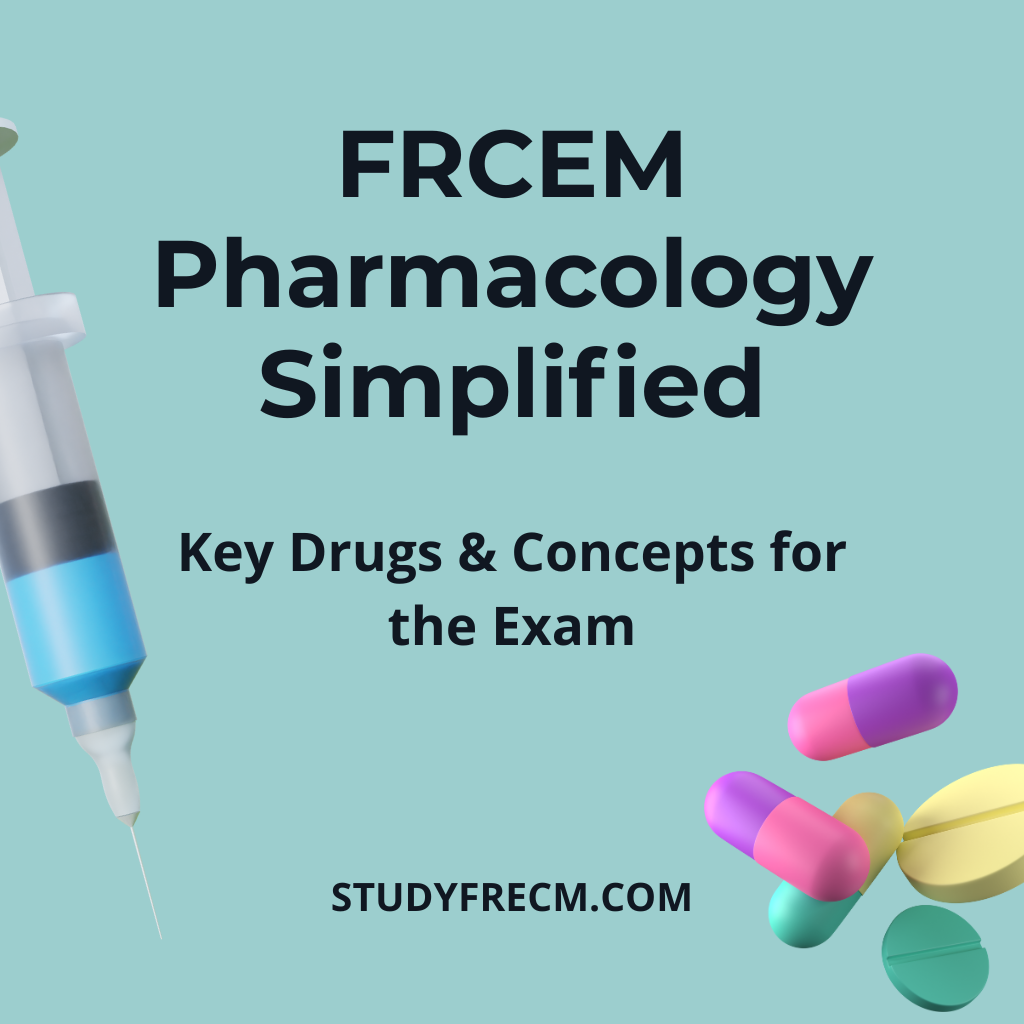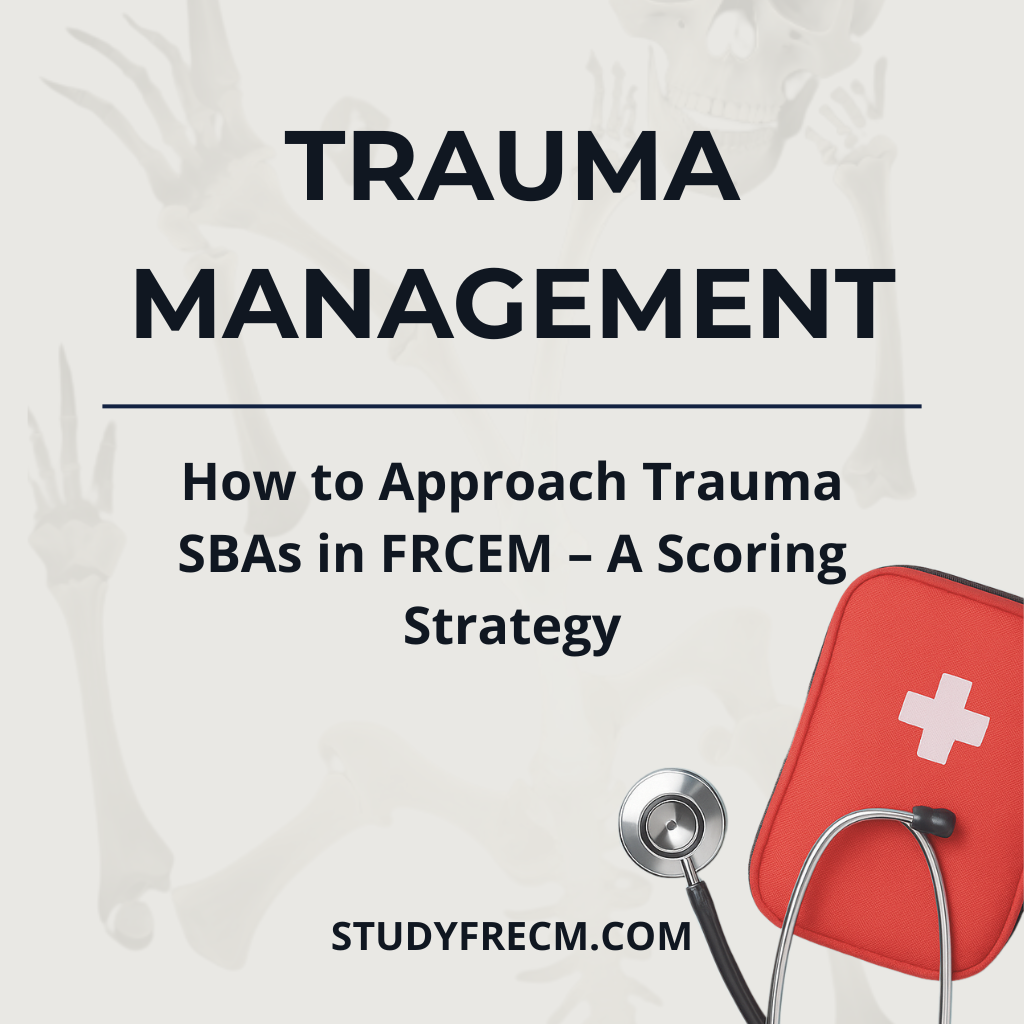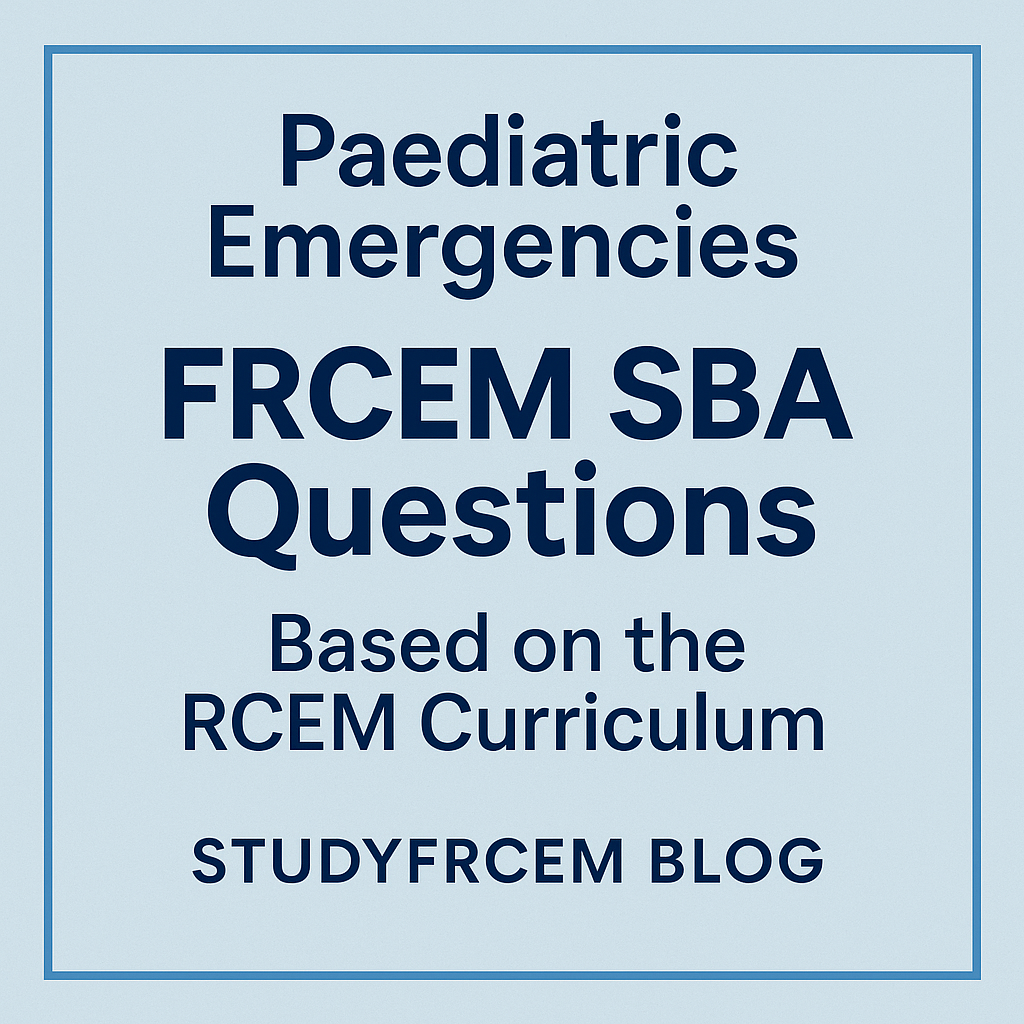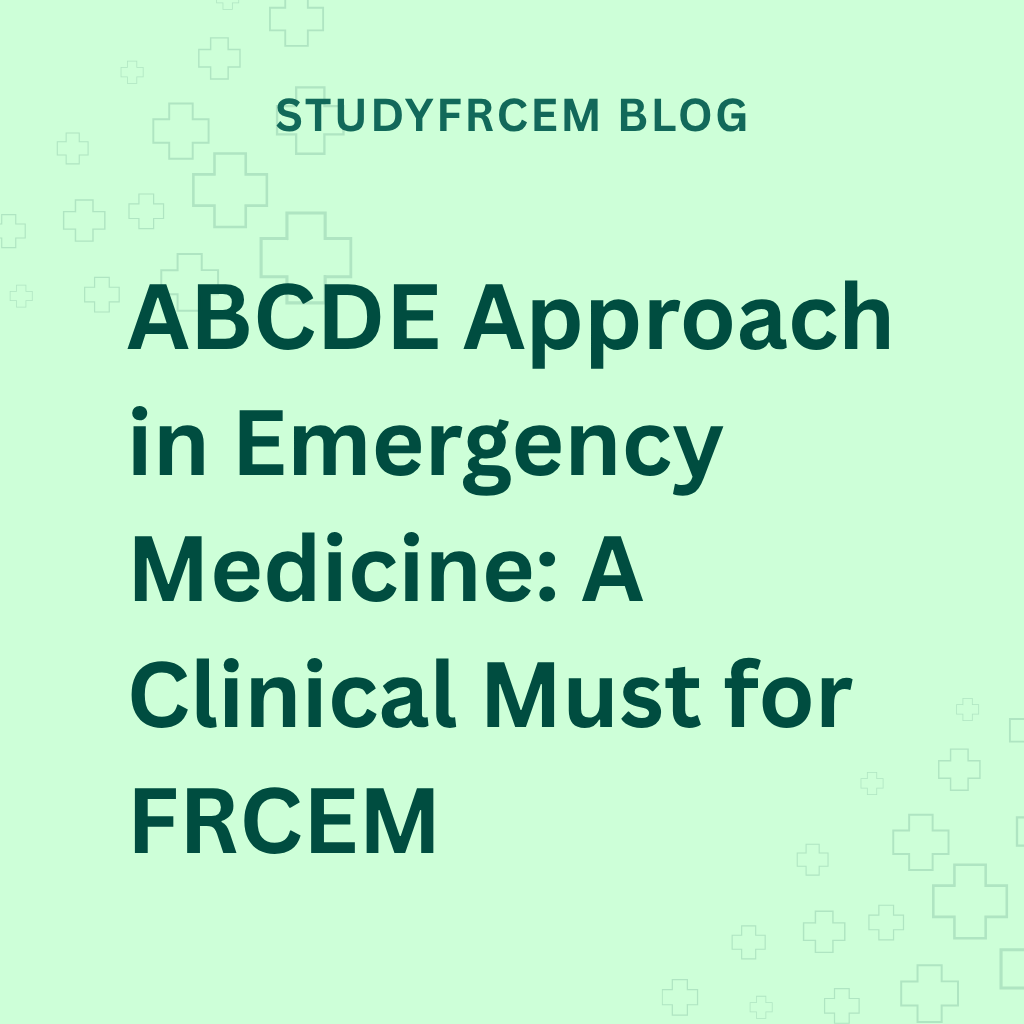Advancing from MRCEM to FRCEM is one of the most important milestones for an emergency medicine practitioner. The Membership of the Royal College of Emergency Medicine (MRCEM) is the primary credential that confirms an individual's understanding, clinical abilities, and judgment. Nonetheless, those willing to go further are expected to possess and apply the principles of Emergency Medicine at a higher level when earning the Fellow of the Royal College of Emergency Medicine (FRCEM). Moving from MRCEM to FRCEM requires additional study and a transformation of approach toward advanced clinical reasoning, leadership, and system-based practices.
MRCEM provides learners with vital skills in emergency medicine for core clinical knowledge, resuscitation, and other essential procedures. Integrating a practical and theoretical curriculum, including the OSCE (Objective Structured Clinical Examination), enables physicians to master patient management in emergency situations. The skills acquired during the course of MRCEM build a practitioner's confidence in managing real-world crises while providing a systematic approach to managing clinical problems.
In contrast to MRCEM’s aim of constructing a robust system, FRCEM looks at moulding the person’s skills to incorporate management-level care, multidisciplinary decision-making, and leadership at the departmental level. This makes FRCEM much more challenging and intricate compared to MRCEM.
A different approach that FRCEM takes compared to MRCEM is making the working understanding of critical appraisal, evidence-based medicine, and applied knowledge more advanced. As FRCEM is more challenging than MRCEM, it would mean that the practical side of clinical reasoning will always have more situations where autonomous coping skills will be essential. And reasoning. The groundwork is much more challenging, requiring initiative and problem-solving instead of rote learning. For instance, during the SBA and OSCE, medical knowledge isn’t the only quality needed. One must also possess the ability to make informed decisions, which is usually absent in MRCEM. During MRCEM, the learner is in a subsistence state where they are expected to learn the content; however, during FRCEM, the learner is offered knowledge and is expected to act and put effort into independently managing complex clinical cases.
To succeed beyond MRCEM and accomplish FRCEM, better approaches to studying and a more refined approach to clinical practice are necessary. The preparation must combine loaded revision and practical and problem-oriented high acuteness. Studying for the exam becomes easier by collaborating with mentors, joining study groups, and using essential resources like past papers and RCEM learning modules. Moreover, a stroke of leadership and management is crucial since FRCEM does not only examine knowledge but also requires proof of strategic thinking and team management in a pressured setting.
If you are exploring other resources for FRCEM, check out our demo here for guidance and study materials.
Ultimately, it is important to understand that accomplishing FRCEM is much more than passing a set of exams; it is about transforming into a holistic specialist in emergency medicine. Achieving FRCEM from MRCEM may be a herculean task, but it is one with great promise since it provides a chance to hone skills and exercise influence in emergency medicine. With determination, preparation, and clinical work, one becomes ready to take on the new phase of one’s career with confidence and proficiency in advanced leadership and patient care in emergency medicine.






